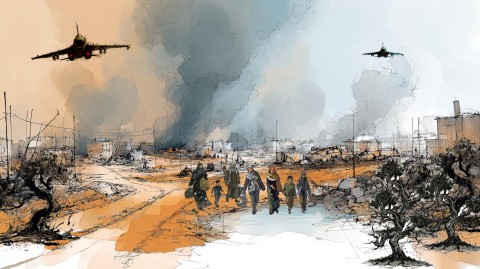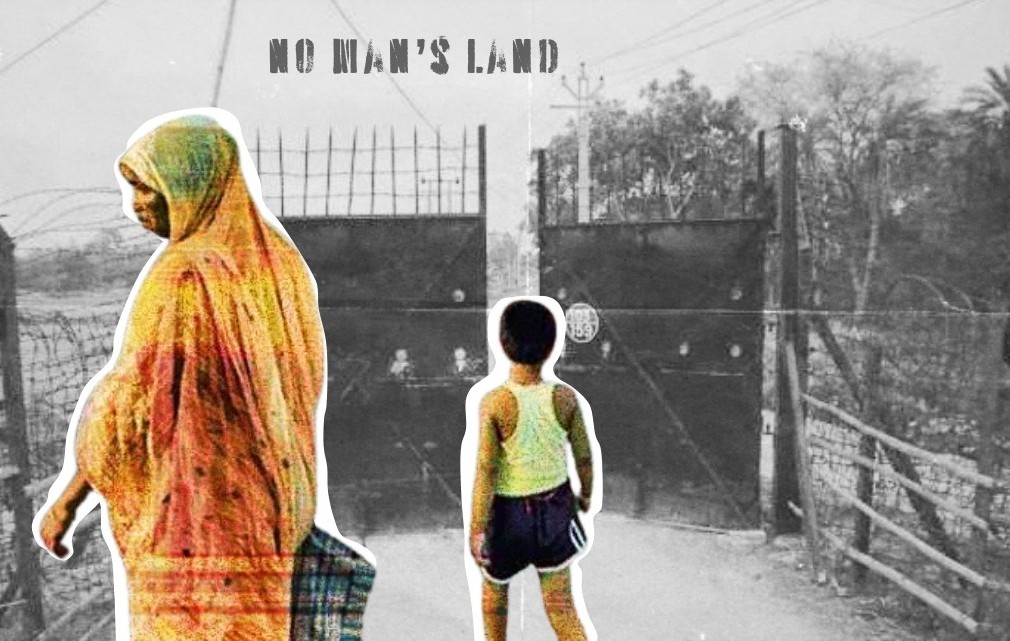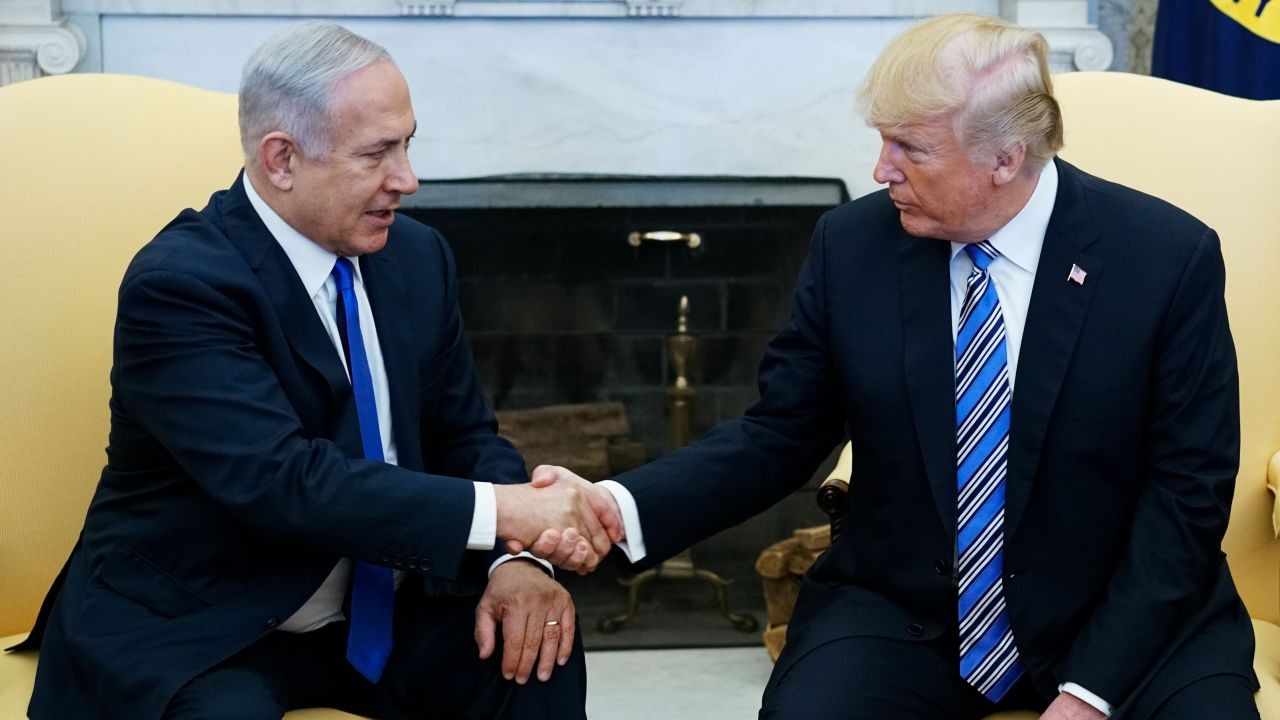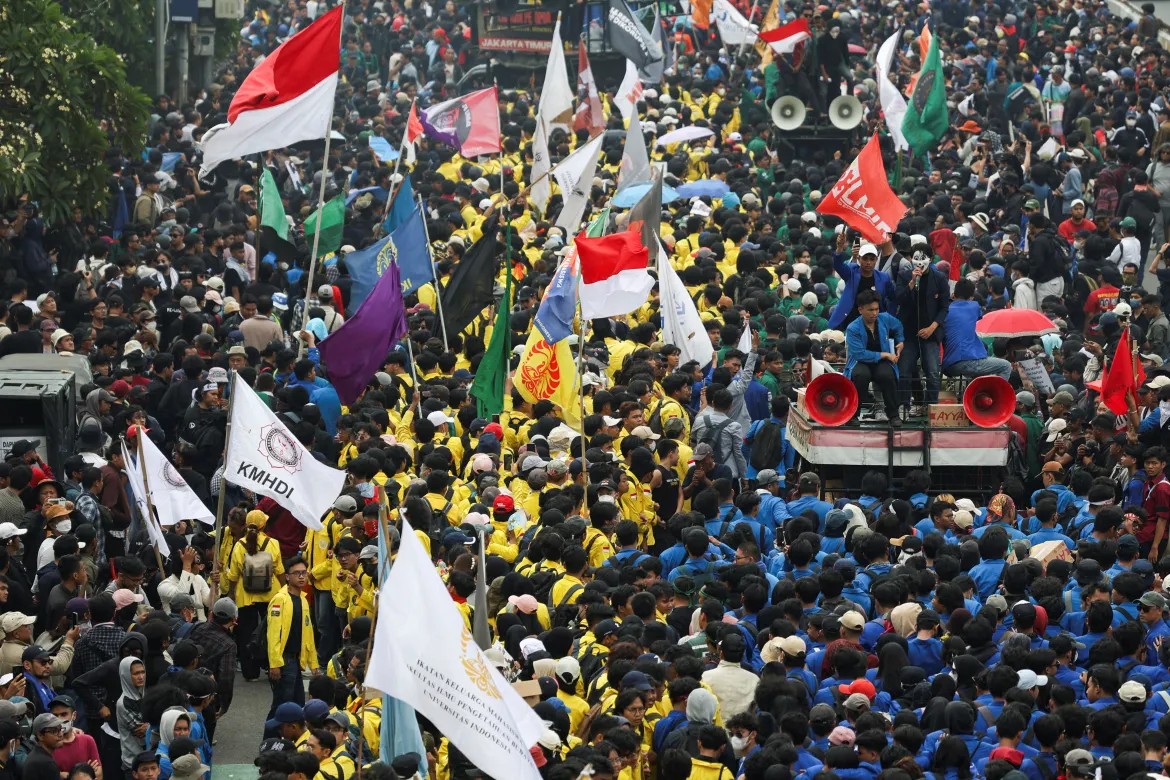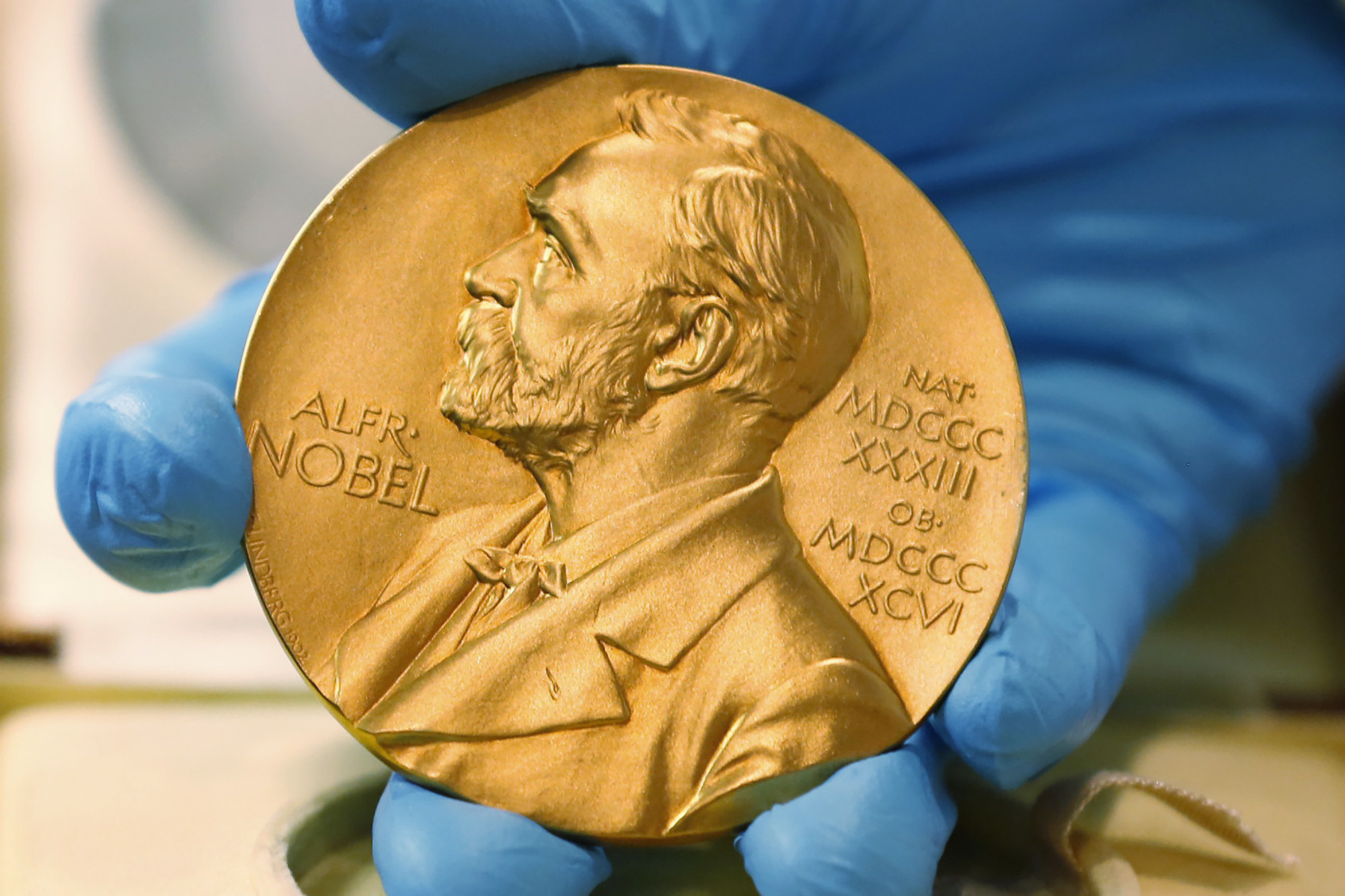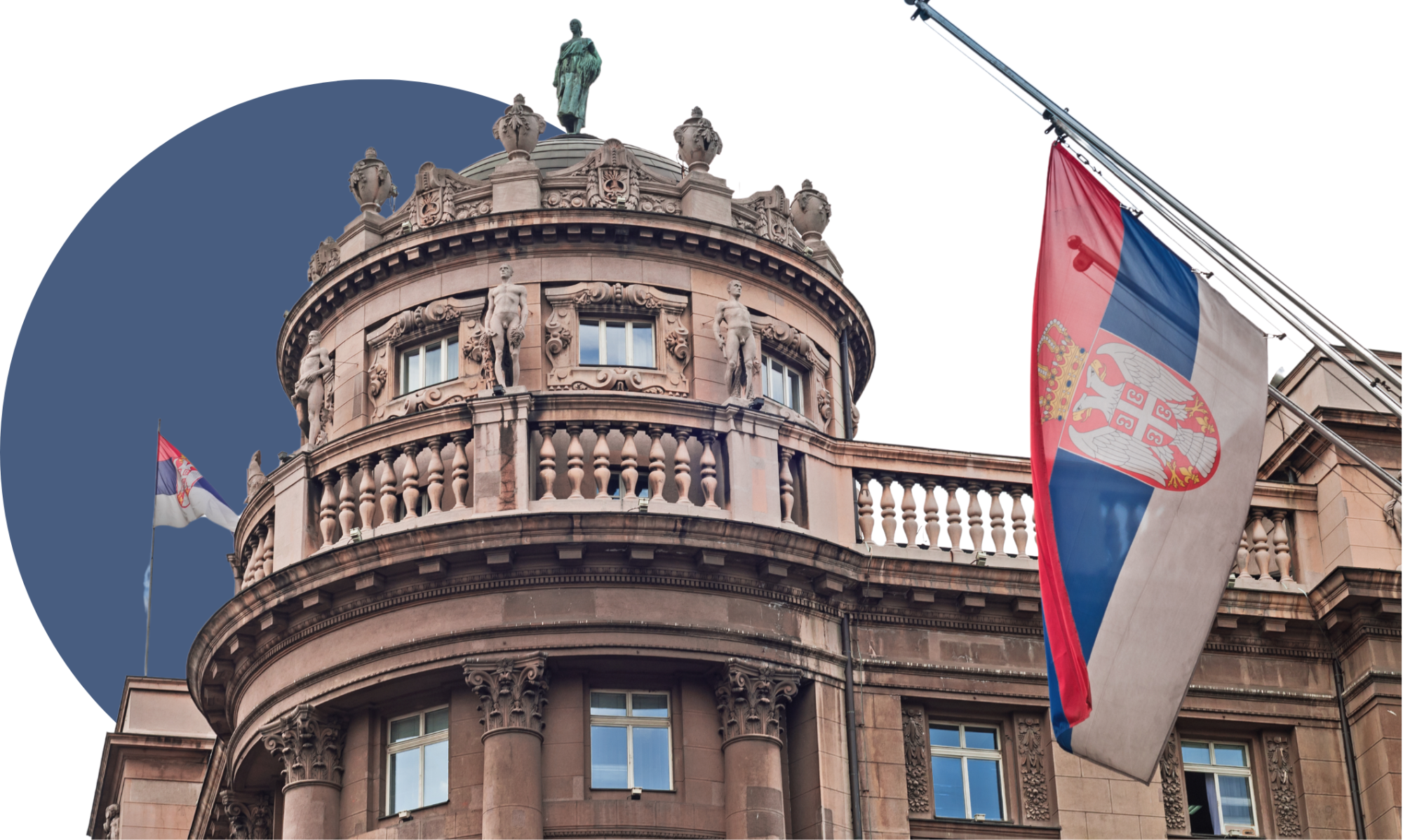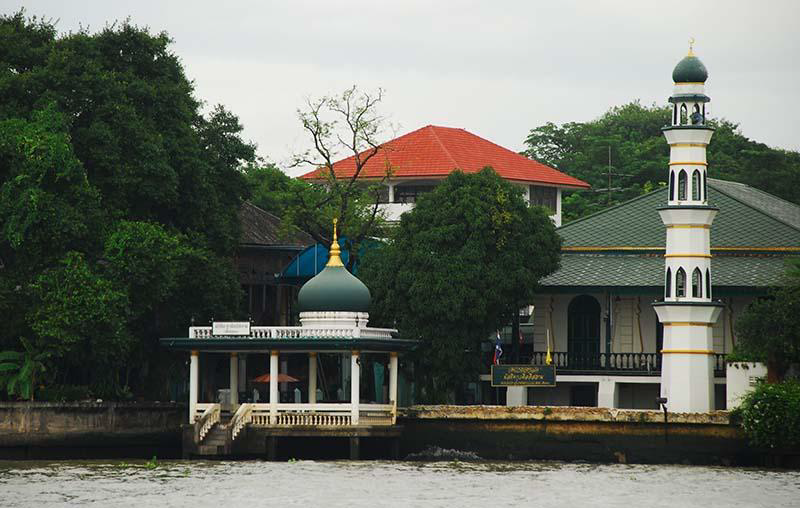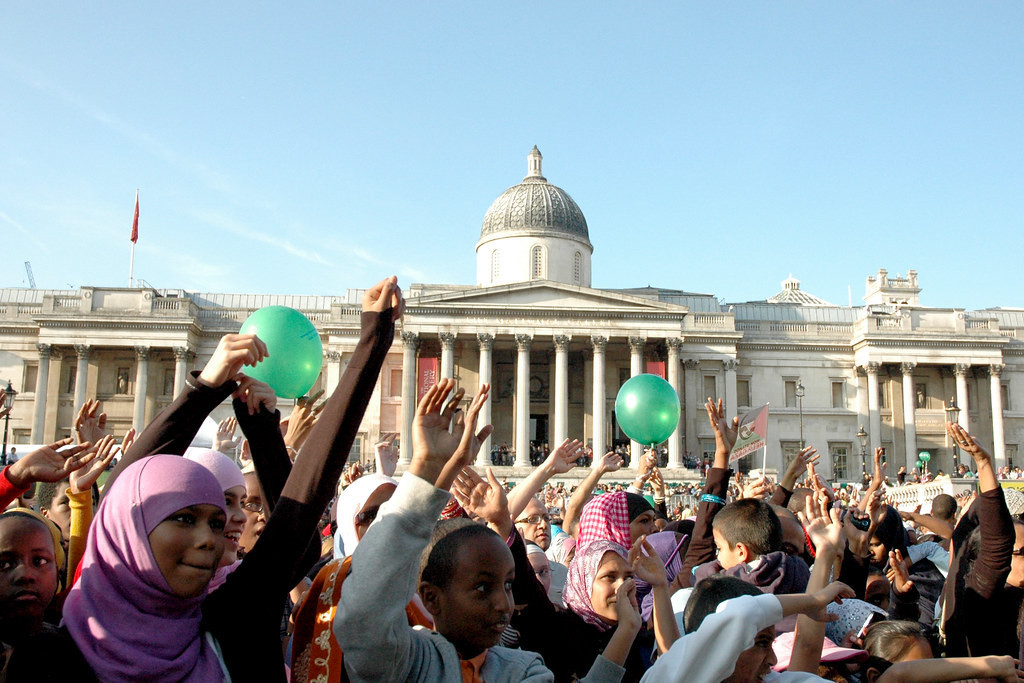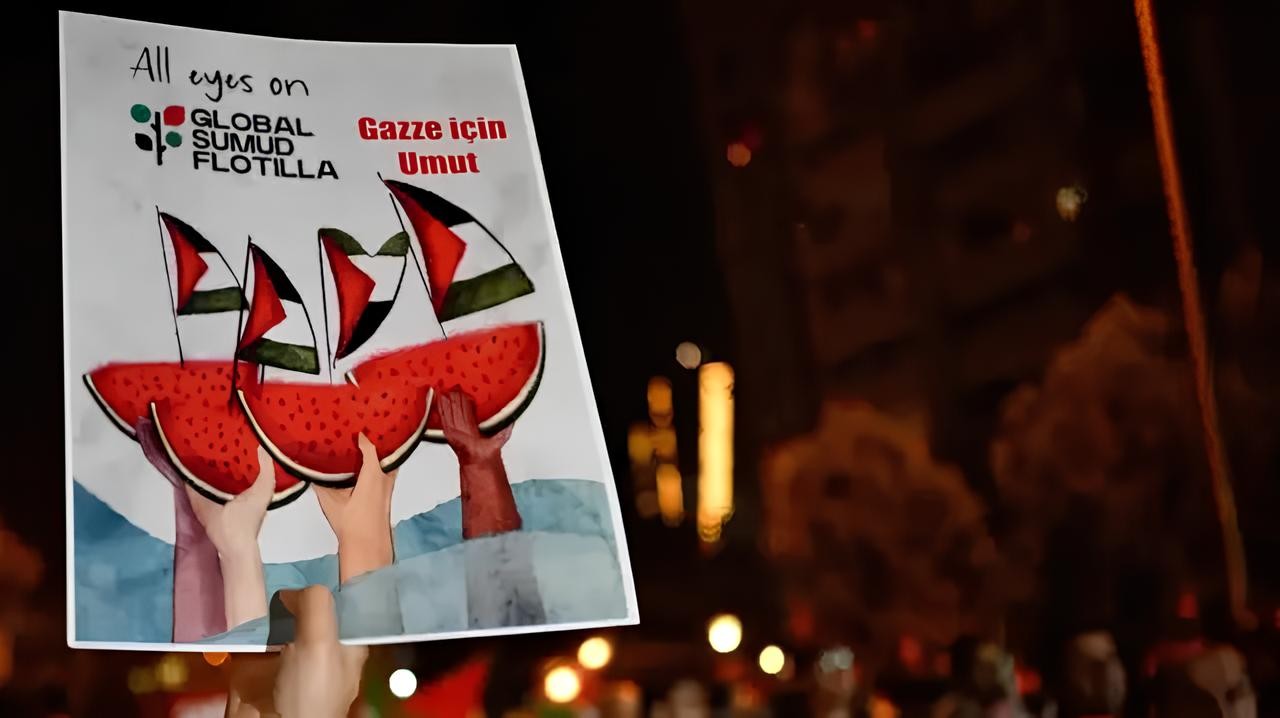
Insight into Turkey’s Civil Society Ecosystem in light of the Experience of the Global Sumud Flotilla
The Global Sumud Flotilla serves as a vital learning experience for Turkey's civil society, focusing on security and coordination in the short term, and specialization and policy development in the medium term, ultimately aiming to enhance lasting capacity and build regional/global partnerships through transparent communication and effective operational frameworks.
The Global Sumud Flotilla is not merely a sea voyage or a symbolic act of solidarity; it is, for Turkey’s civil society ecosystem, a stress test, a learning laboratory, and a process of capacity building. The lexical meaning of sumud, perseverance, and steadfastness also describes the organizational counterpart of this experience. Maintaining rapid decision-making within a framework of legal legitimacy, aligning heterogeneous actors around a common objective, and expanding civic space while managing risk constitute the flotilla’s prominent operational capacity. This essay discusses, with justifications, the likely effects of the Sumud Flotilla experience across three planes: security and coordination in the short term, specialization and policy development in the medium term, and lasting capacity and regional/global partnerships in the long term, and identifies qualities that can serve as a guide for Turkey’s civil society ecosystem.
In the short term, the first decisive dimension is security. Activities surrounding the flotilla span a broad field, from ports to protest sites, from online campaigns to logistics. In such an expansive field, it is inevitable to consider operational security together with legal security. Risk mapping, protocols to be followed before, during, and after incidents, crisis response plans, secure communication standards, data protection, the psychosocial safety of volunteers, and the ‘do no harm’ principle should be governed not by reflexes but by procedures. Unless lawyers, media professionals, and field coordinators sit at the same table, even the most well-intentioned solidarity initiatives may become targets of misunderstandings, disinformation-driven smear campaigns, or administrative sanctions. The most critical competence to be gained in the short term is the ability to translate this delicate balance into everyday practice.
Alongside security, coordination is the second decisive domain. In line with the polycentric nature of civil society, the flotilla mobilizes a broad coalition comprising trade unions, professional associations, aid organizations, rights-based initiatives, diaspora networks, and local volunteers. Without appropriate and effective coordination mechanisms, this diversity can turn from an advantage into a source of friction. Open yet measured information sharing, clarity on roles and responsibilities, a unified spokesperson, or accredited multiple spokespersons, and simple incident-command-like chains of command all reduce uncertainty on the ground. Digital coordination platforms, secure and uninterrupted messaging channels, and a shared ‘situation room’ approach jointly ensure both speed and accuracy. Ultimately, coordination is a craft: it begins with rules and is completed by mutual trust.
The rational foundations of these short-term improvements are clear. While highly visible civic initiatives such as the Sumud Flotilla generate strong emotional energy and media attention, they may also face high costs when errors occur. In Turkey, the civic sphere is at times read through security reflexes and observed with suspicion; yet transparency and open communication make it possible to preserve short-term gains over the long haul. Another crucial issue is information architecture. In our age, where the historic struggle between good and evil is increasingly recast as an asymmetric contest between information and disinformation, information architecture is at least as critical as logistics. At the same time, the risks in this area are, in many respects, more pronounced: polarization, smear attempts, legal gray zones, and resource pressures. The most effective approach to reduce and essentially neutralize these risks is a simple yet consistently applied set of principles that prioritize transparency and accountability. Foremost among these are publicly articulated ethical rules, institutional channels that normalize and routinize Q&A, independent observation and oversight, mechanisms for self-regulation, and internal democracy that allows course correction when necessary. All this, in turn, depends on a confident managerial mindset that does not count the steps it sometimes must take back.
In the medium term, the scene shifts to specialization and policy development. Specialization first crystallizes in legal and technical domains. International humanitarian law, maritime law, civil–military relations, sanctions compliance, cross-border humanitarian assistance regulations, strategic litigation, and evidence-based monitoring and documentation methodologies constitute the priority areas of specialization. This skill set is not only defensive; it also strengthens the scientific basis for proactive policy-making. A second cluster of specialization forms around communication and information technologies, including verification through open-source intelligence, combating disinformation, data visualization, secure data storage, and the ethical construction of the public narrative surrounding the entire story. Often neglected domains—such as volunteer management, addressing secondary trauma, and the care economy—also become part of the agenda for lasting specialization.
Another stage in the natural progression of specialization is the development of policy. Global civil society experiences such as the Sumud Flotilla provide local stakeholders with a unique stock of material to translate concrete observations from the field into technical notes and to carry these notes—through democratic mechanisms—into national legislative proposals, local implementation/advisory guidelines, and international platforms. Regular, evidence-based engagement with parliamentary committees (the proverbial ‘kitchens’ of lawmaking), relevant ministries, local governments, professional chambers, and judicial actors; policy briefs submitted to European Union, Council of Europe, and United Nation mechanisms; and best-practice examples shared in regional platforms can move Turkey’s civil society from a merely reactionary posture to an active co-designer of policy architecture. The variable that will transform Turkey’s civil society ecosystem and determine success in the medium term is an evidence orientation: not assertion, but data, not slogans, but findings.
Within this framework, the public narrative must also be set on a distinct footing. A discourse that speaks in terms of human security and the universality of law—not the language of polarization—can bring traditional and modern sensibilities together on a shared human ground. The quality of narrative draws not only on the conviction of being in the right, but also on openness to the possibility of error and the transparency that precedes the will to correct mistakes as they emerge. Such a ground, as a package, necessitates trustworthy intermediary institutions in the media, verification mechanisms, and a culture of open data.
In the long term, the issue evolves into lasting capacity and regional partnerships. Lasting capacity begins with institutional memory. Priority should be given to systematically compiling lessons learned and to standardized operating procedures that will convert those lessons into cultural memory. The next matter—indeed the key element of lasting capacity—is financial sustainability. Here, the concept that Turkey’s civil society ecosystem must emphasize is impact investing. Broadening the donation base and even reducing grant dependency are both necessary for financial sustainability. Yet, civil society organizations that do not take into account impact investing—an approach that prioritizes positive social and environmental effects over financial return—are unlikely to achieve sustainability. Transparency and accountability, whose importance merits repetition, are perhaps the sine qua non of everything set out in this essay. More concretely, civil society organizations must have mechanisms that enable real-time monitoring across all areas; this is the most critical factor in socializing a donation culture and fostering a community of donors. In addition, the effective use of tax incentives serves to institutionalize a culture of giving. A transparent financing architecture is not merely an ethical preference; it is also the legitimacy armor of the civic sphere. Strengthening the philanthropy and giving ecosystem in Turkey depends on establishing the right balance between tax justice and the public interest. Regulations in this area either support or erode the long-term capacity-building of civil society.
As for regional partnerships, for Turkey, it is a necessity—one not solely the responsibility of civil society—to build a civil resilience corridor in the Mediterranean basin. Mutual recognition, common standards, and joint learning programs with civil actors stretching from Lebanon to Greece, from Palestine to Jordan, from Spain to Italy and Egypt, increase both speed and accuracy during crises. Bilateral or multilateral civil society collaborations, joint trainings, cross-border simulations, and mutual accreditation mechanisms reduce security risks while scaling capacity. This network logic accelerates not only the flow of aid but also the flow of knowledge and innovation, creating new niches of expertise and career pathways for Turkey’s civil society as well.
For a civil society organization seeking concrete objectives across these three layers, the following roadmap may be proposed:
In the short term (0–12 months), the standardization of security protocols within civil structures, the establishment of permanent core teams for crisis communication, and the operationalization of coordination platforms are expected. The solution here is to internalize simple yet implementable rules: single-channel verification for processes and objectives, clear job descriptions, regular situation briefings, and after-action review reports.
In the medium term (12–36 months), specialized clinic-style units are likely to emerge in the domains of law, communication, psychosocial support, and data analysis; the evidence produced by these units can be translated into policy notes, strategic documents, and proposals for legislation. In this phase, institutional partnerships with universities, bar associations, professional chambers, and municipalities should be deepened.
In the long term (36 months and beyond), a civil society architecture that operates under an umbrella consortium, functions according to common standards, is integrated into regional networks, and is financially diversified may become feasible. At this stage, independent oversight in governance, transparency technologies in finance, and mutual recognition mechanisms in the region should be brought into effect as a package.
The structural obstacles along this route must not be ignored. The emphasis on the rule of law must be preserved without dilution, particularly in the face of the risk of contraction in civic space. Trustworthy intermediary institutions and guarantors should be supported to overcome the cacophony of polarization. Unified funds and joint procurement pools should be established against resource scarcity. Volunteer fatigue and burnout are among the most serious sources of capacity loss in the medium to long term. They should be treated not as a ‘soft’ but as a ‘critical’ component of the process. The artificial dichotomy, commonly encountered in Turkey’s civil society, between ethical sensitivity and effectiveness must be abandoned. Ethics is not the enemy of speed; it is the prerequisite of public trust.
Ultimately, the Global Sumud Flotilla experience reminds Turkey’s civil society of two things. First, solidarity is not a feeling but an architecture. It is designed and built upon rules, capacity, knowledge, and trust; it does not happen by itself. Second, being effective and remaining legitimate are not alternatives to each other. Properly designed security and coordination make specialization and policy production possible in the medium term; their sum, in the long term, translates into lasting capacity and regional partnerships. Suppose these three layers are designed to nourish one another. In that case, Turkey’s civil society can assume a founding role not only in relation to a flotilla but also in the construction of a more just and secure regional order. This is the call of sumud: a civic power woven with perseverance, knowledge, and law.
*The Turkish version of this article will be published by Cihannüma Magazine.
Yunus Emre Aydınbaş
Maliye ve sosyoloji lisans eğitiminin ardından iktisat ve din sosyolojisi alanlarında yüksek lisans eğitimini tamamlamıştır. Bankacılık sektörü ve özel sektörde muhtelif görevler üstlenmiştir. İstanbul Sabahattin Zaim Üniversitesi İslam Ekonomisi ve ...
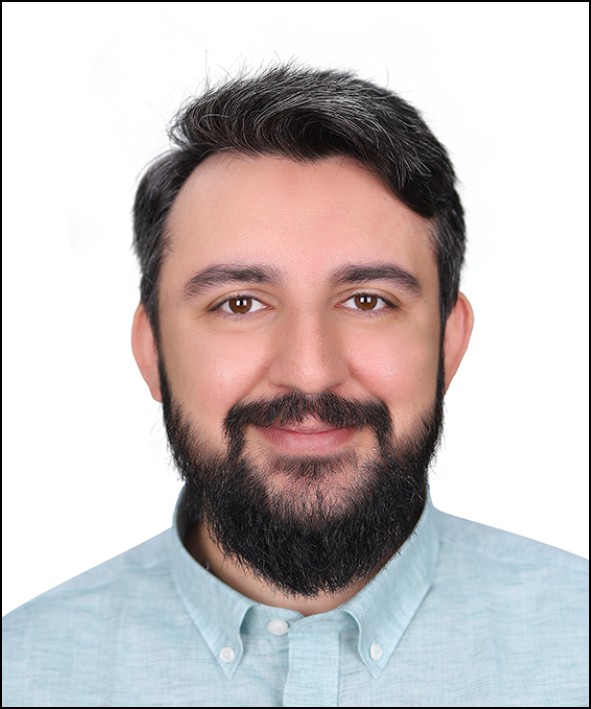 Yunus Emre Aydınbaş
Yunus Emre Aydınbaş